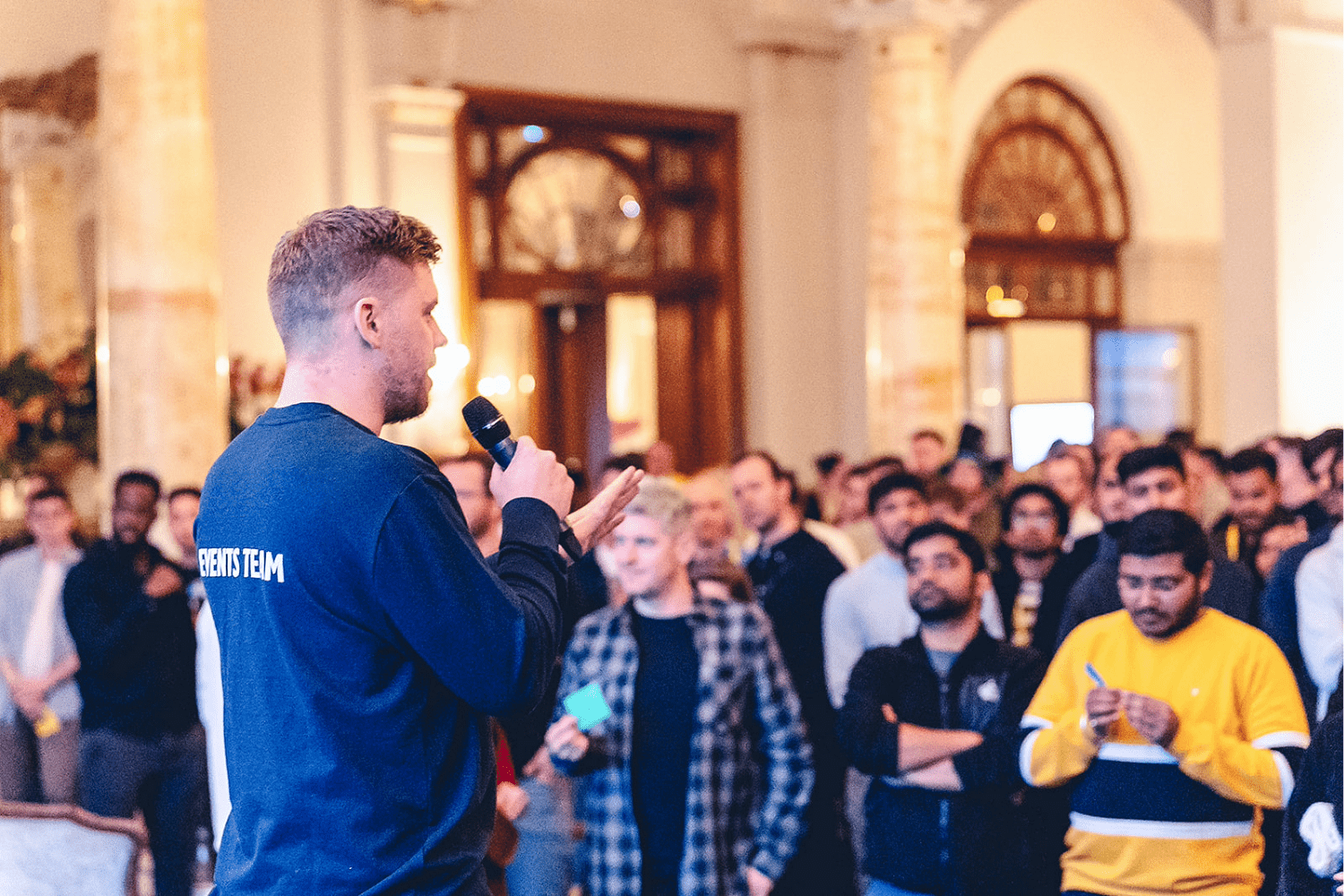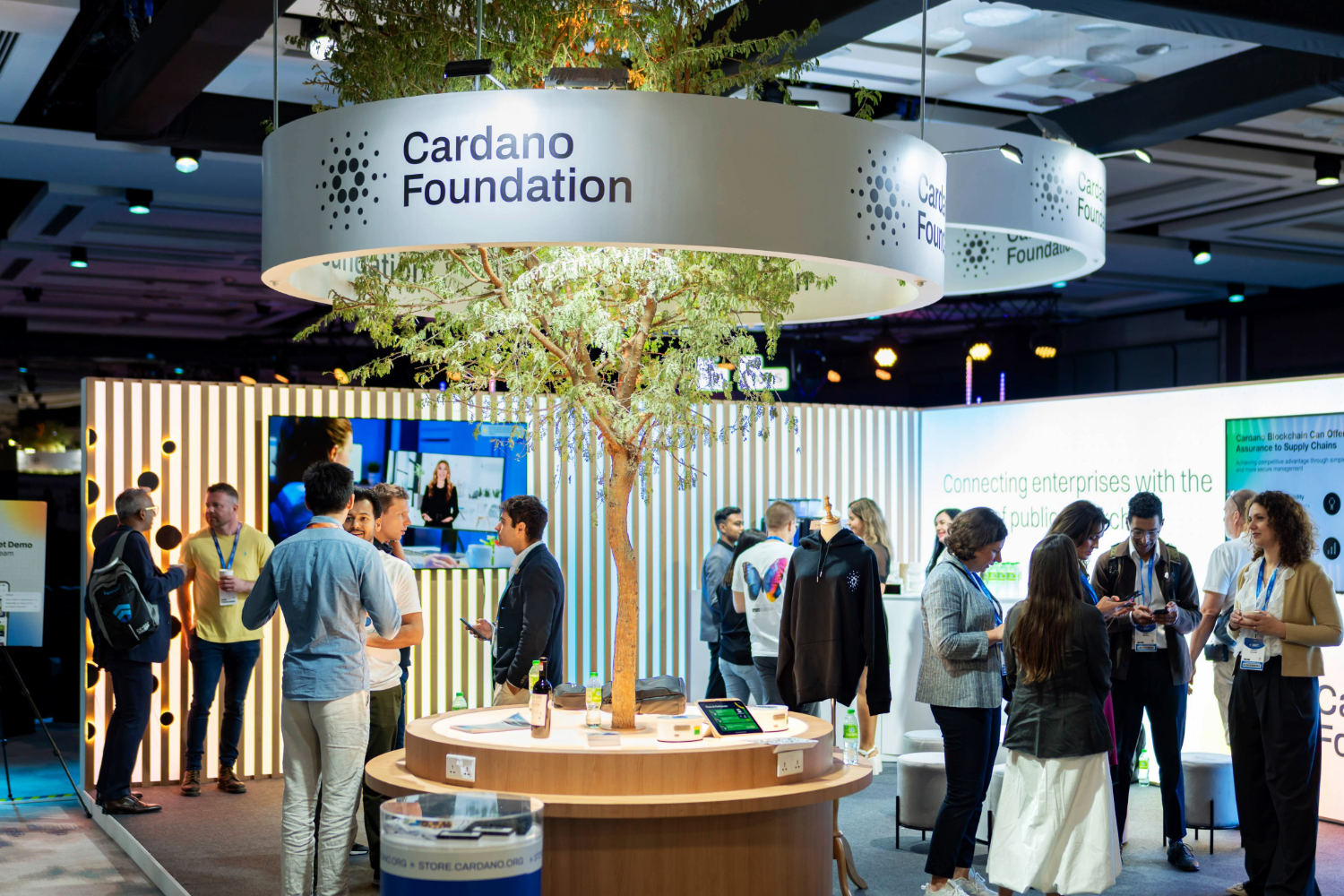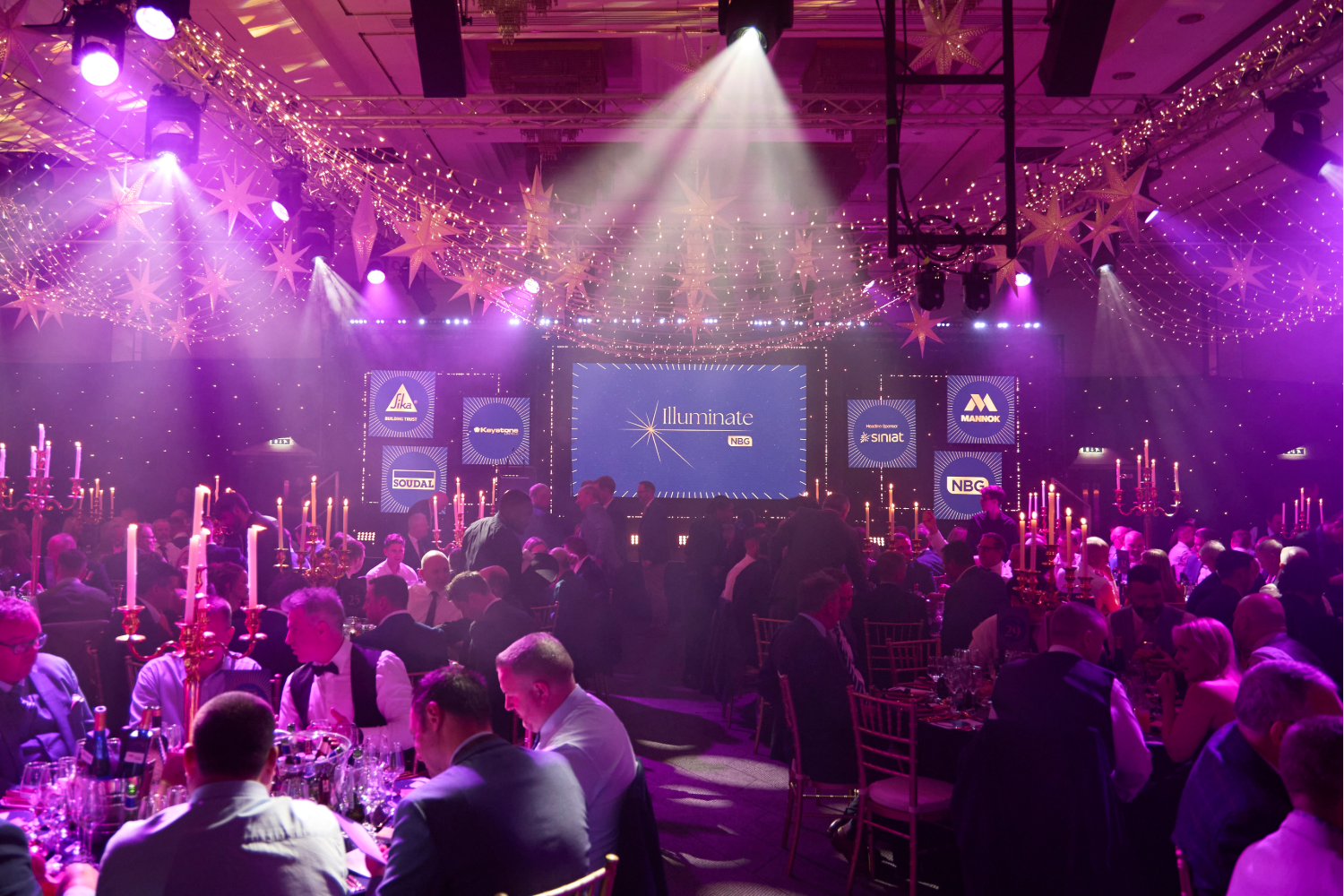
June 13, 2025
The Rise of Human-Centric Events, Where Mental and Physical Health Take Centre Stage
It’s official: events are no longer just about bright lights and shiny stages. Today’s most impactful events are human-centric, putting mental and physical wellbeing at their core. As we navigate an increasingly connected, and sometimes overwhelming world, people are seeking out experiences that prioritise authenticity, calm, and self care.
With 65% of UK attendees craving experiences that nurture them inside and out, brands and organisers are reimagining what an event can be. This shift isn’t just about offering healthier snacks or a quiet corner – it’s about weaving wellbeing into the very element of an event. From sensory-friendly spaces to nature-infused design, the focus is clear: create experiences that recharge and restore.
Wellbeing isn’t a luxury anymore. It’s the new gold standard for experiences that leave us healthier, happier, and more in tune with ourselves.
From Stress to Serenity: A Shift in Priorities
It’s no secret that people are feeling the strain. The national stress epidemic, paired with the cost-of-living crisis, has sparked a re-evaluation of what matters most. For many, that means taking better care of themselves and wanting the events they attend to do the same.
Gone are the days when alcohol-fuelled gatherings were the default. Today’s event-goers are drawn to experiences that prioritise rest and rejuvenation – think alcohol-free bars, nature-based activities like forest bathing, and even rucking (yep, that’s hiking with weighted backpacks!) as a unique blend of fitness and social connection.
Wellness-First Experiences: More Than Just a Trend
A big part of this shift is a move towards experiences that make it easy to keep up with healthy habits, even in the busiest schedules. Quiet areas for meditation and time-outs for longer events are becoming must-haves. These little pockets of calm help attendees recharge – so they can fully enjoy everything else on offer, without feeling like they’re sprinting from one session to the next.
Take Morning Gloryville, for example – the sober rave that swaps sticky dancefloors for sunrise boogies and healthy smoothies. Or Self Space Slow Dating, where group workshops led by therapists create a safe, relaxed environment for forging meaningful connections. It’s proof that prioritising mental and physical health doesn’t have to mean compromising on fun and vibrancy.
Designing Human-Centric Events for the Future
So, what does this all mean for event planners and brands? It’s time to rethink the entire event experience, from start to finish:
1. Build in flexibility: Offer options that cater to different comfort levels and wellness needs.
2. Bring nature in: Even a splash of greenery or access to outdoor spaces can make a big difference.
3. Prioritise rest: Dedicated quiet zones or sensory-friendly spaces help people feel truly cared for.
4. Create alcohol-free alternatives: Let attendees choose how they celebrate, and ensure everyone feels included.
As the UK’s events market grows, human-centric design is emerging as the essential ingredient. Because in a world where stress is sky-high and social circles are shrinking, events that nurture mental and physical wellbeing aren’t just nice-to-haves, they’re non-negotiable.
At the end of the day, people don’t just want an event; they want an experience that leaves them feeling healthier, happier, and more connected to themselves. Let’s make that the new standard.
Hungry for more insights on the future of events?
Download our report to discover the latest trends, data, and expert analysis shaping the events industry.
Ready to create events that truly put people first?
Get in touch with our team to explore how we can help you design human-centric experiences that prioritise wellbeing, connection, and lasting impact.



